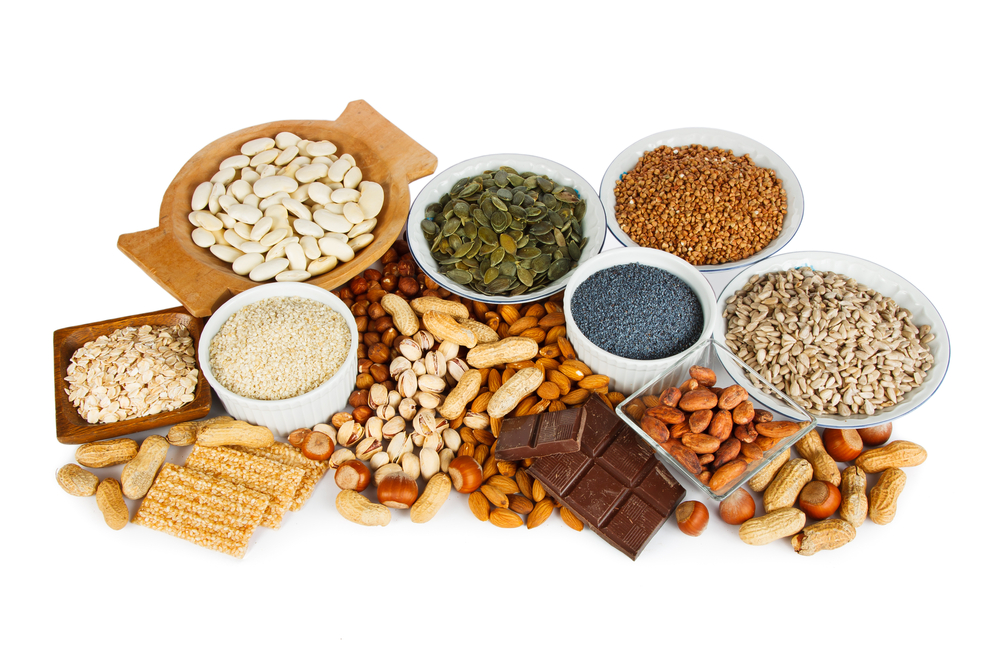Eating a Mediterranean diet could reduce the risk of developing dementia

Following a diet such as the highly respected Mediterranean diet which is rich in wholegrains, nuts, fish, vegetables and fruit may help reduce the risk of dementia suggests research published in the journal BMC Medicine[i]. Based on analysis of data on more than 60,000 people from the UK Biobank who had completed a survey about their eating habits, the researchers scored individuals according to how closely they followed a Mediterranean diet and noted their genetic risk for dementia.
Over a decade there were around 800 cases of dementia but those who followed a strict Mediterranean diet had a 23 per cent lower risk of developing the condition than those who did not. The researchers suggest that advice to eat a healthy, largely plant based diet could be incorporated into future strategies for preventing dementia.
Broccoli found to play a role in reducing the risk of several diseases

It’s long been known that broccoli is beneficial to health. For example, research has shown that eating more of the cruciferous vegetable lowers the risk of cancer and type 2 diabetes. And now, researchers at Penn State University have found that broccoli contains certain molecules that bind to a receptor helping to protect the lining of the small intestine, thereby inhibiting the development of diseases. These findings support the idea that broccoli is a true ‘superfood’[ii].
Magnesium could support brain health as we age
 Including more magnesium in our daily diet could contribute to better brain health as we age, according to scientists from the Neuroimaging and Brain Lab at The Australian National University (ANU). The study[iii] of more than 6,000 cognitively healthy participants in the UK aged 40 to 73 found that those who consume more than 550 milligrams of magnesium each day have a brain age that is approximately one year younger by the time they reach 55 compared with someone with a normal magnesium intake of about 350 milligrams a day. Foods such as spinach and nuts are good sources.
Including more magnesium in our daily diet could contribute to better brain health as we age, according to scientists from the Neuroimaging and Brain Lab at The Australian National University (ANU). The study[iii] of more than 6,000 cognitively healthy participants in the UK aged 40 to 73 found that those who consume more than 550 milligrams of magnesium each day have a brain age that is approximately one year younger by the time they reach 55 compared with someone with a normal magnesium intake of about 350 milligrams a day. Foods such as spinach and nuts are good sources.
Increasing magnesium intake “… may lead to significantly better brain health, which would also be expected to contribute to greater preservation of cognitive ability, and lower risk or delayed onset of dementia in later life,” said the researchers.
[i] O Shannon et al.BMC Medicine. DOI: 10.1186/s12916-023-02772-3
[ii] Aryl Hydrocarbon Receptor Activation Coordinates Mouse Small Intestinal Epithelial Cell Programming. Laboratory Investigation, 2023; 103 (2): 100012 DOI: 10.1016/j.labinv.2022.100012
[iii] European Journal of Nutrition, 2023; DOI: 10.1007/s00394-023-03123-x




















Add comment